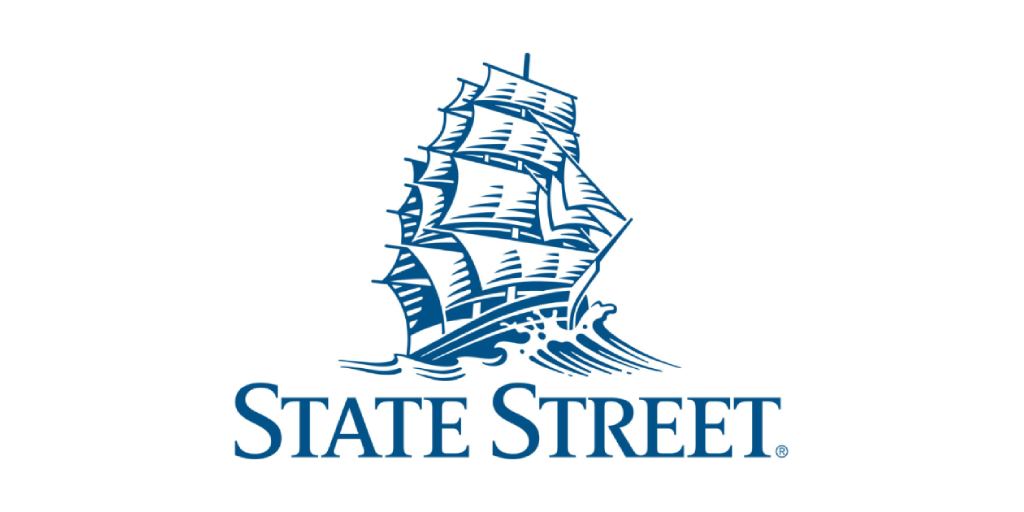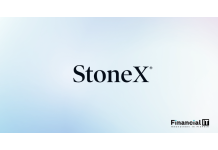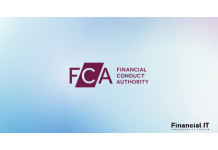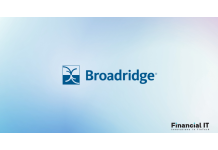ClearBid Global Markets Selects Archax as Digital...
- 15.01.2026 08:25 am
Zodia Custody Expands Digital Asset Offering as First...
- 09.01.2026 11:20 am
StoneX Digital Secures MiCA Authorisation to Expand...
- 06.01.2026 09:35 am
Cache Surpasses $1 Billion in Assets
- 19.12.2025 09:35 am
Standard Chartered and Coinbase Deepen Partnership to...
- 12.12.2025 02:35 pm
Nova Credit Redefines Income and Asset Verification in...
- 19.11.2025 07:55 am
Ripple's Custody Momentum Continues: Acquires...
- 04.11.2025 08:45 am
Bridge Alternative Investment Solutions Selects Allvue...
- 31.10.2025 11:55 am
IBM Announces New Platform for Financial Institutions...
- 28.10.2025 11:15 am
FCA Supports Tokenisation to Boost Efficiency and...
- 27.10.2025 09:55 am
Tokenization Moving From Hype to Reality Across...
- 27.10.2025 09:35 am
U.S. Bank Establishes New Digital Assets and Money...
- 16.10.2025 09:15 am






















